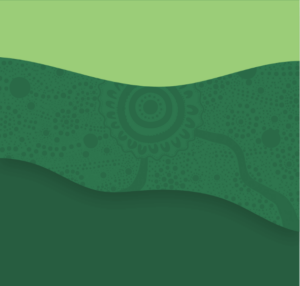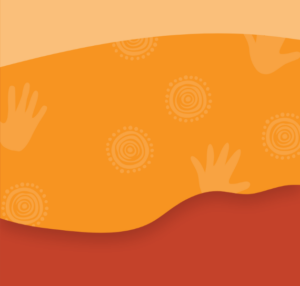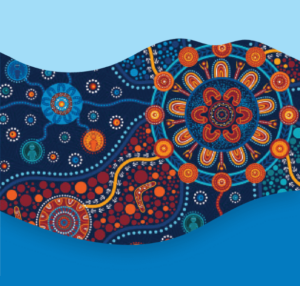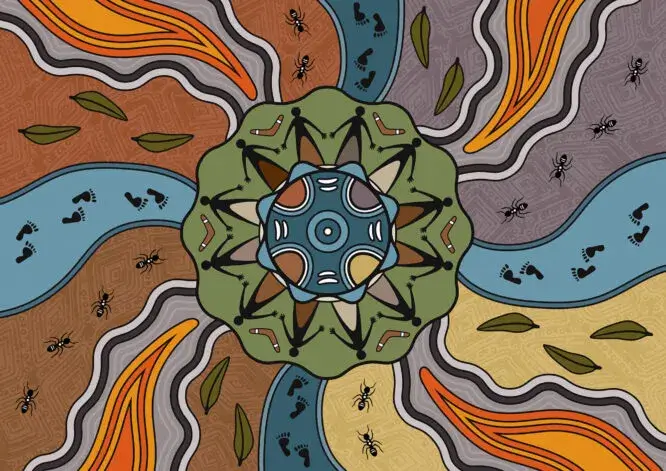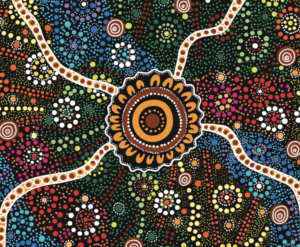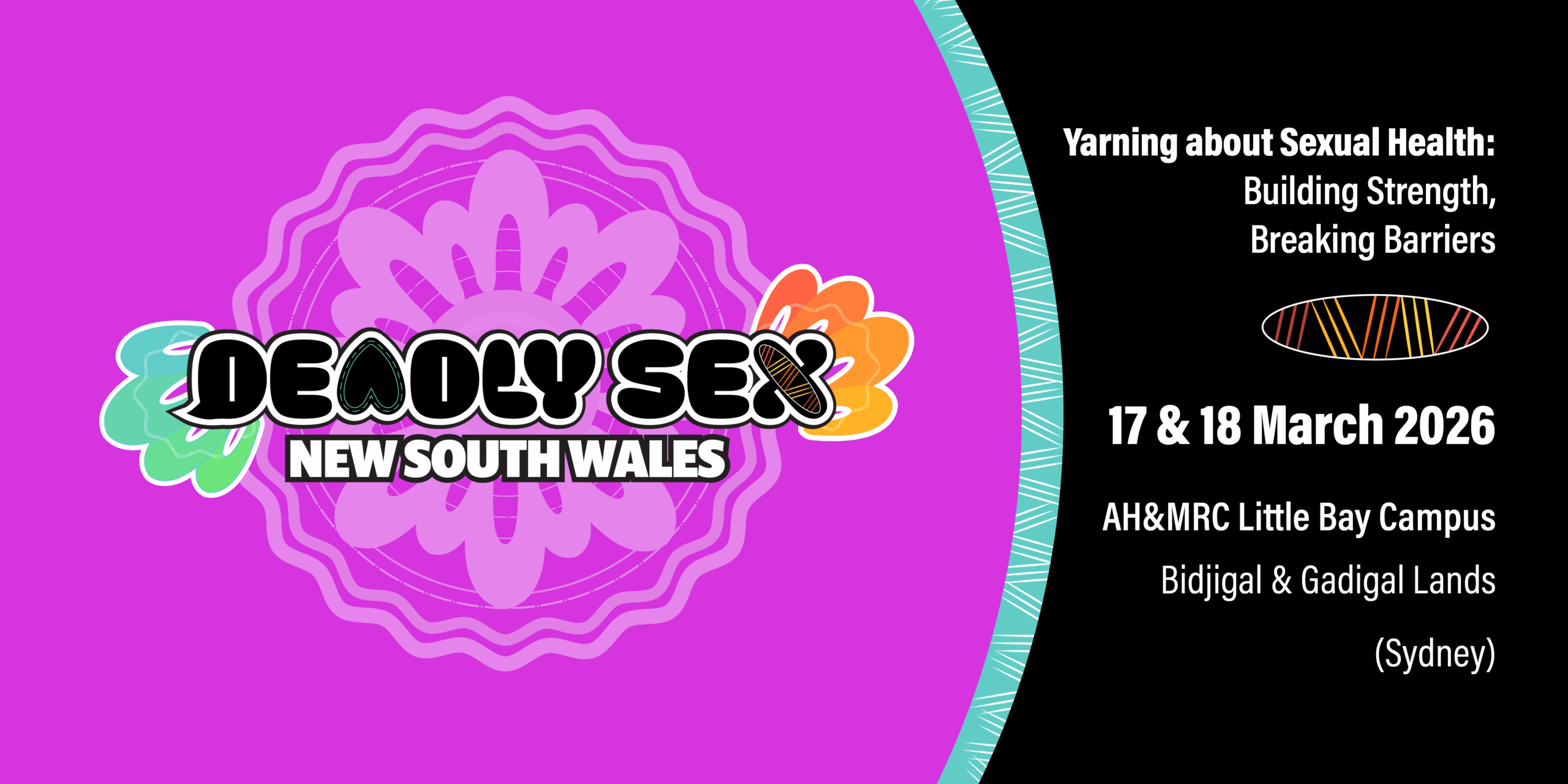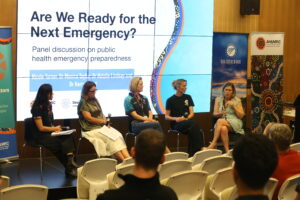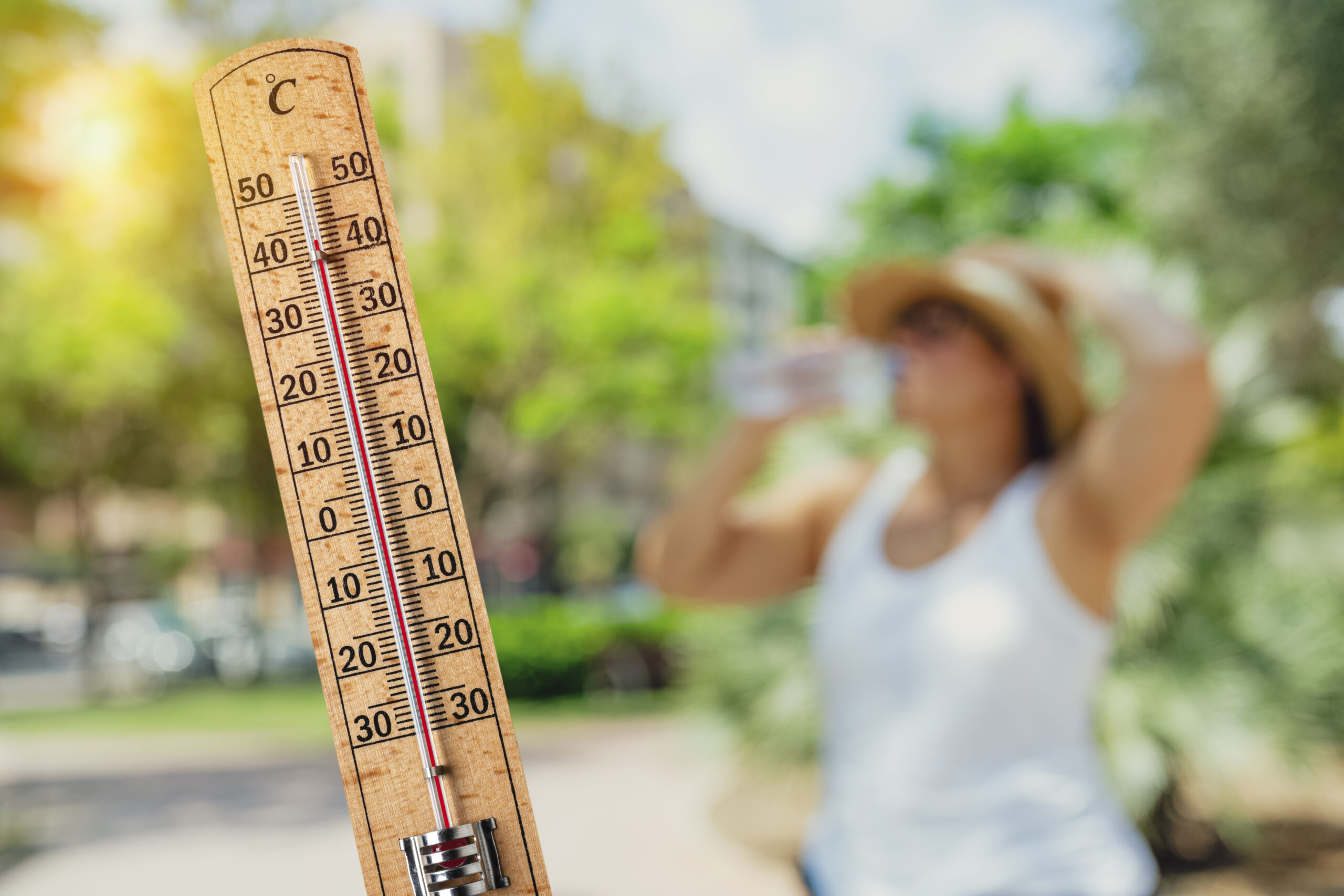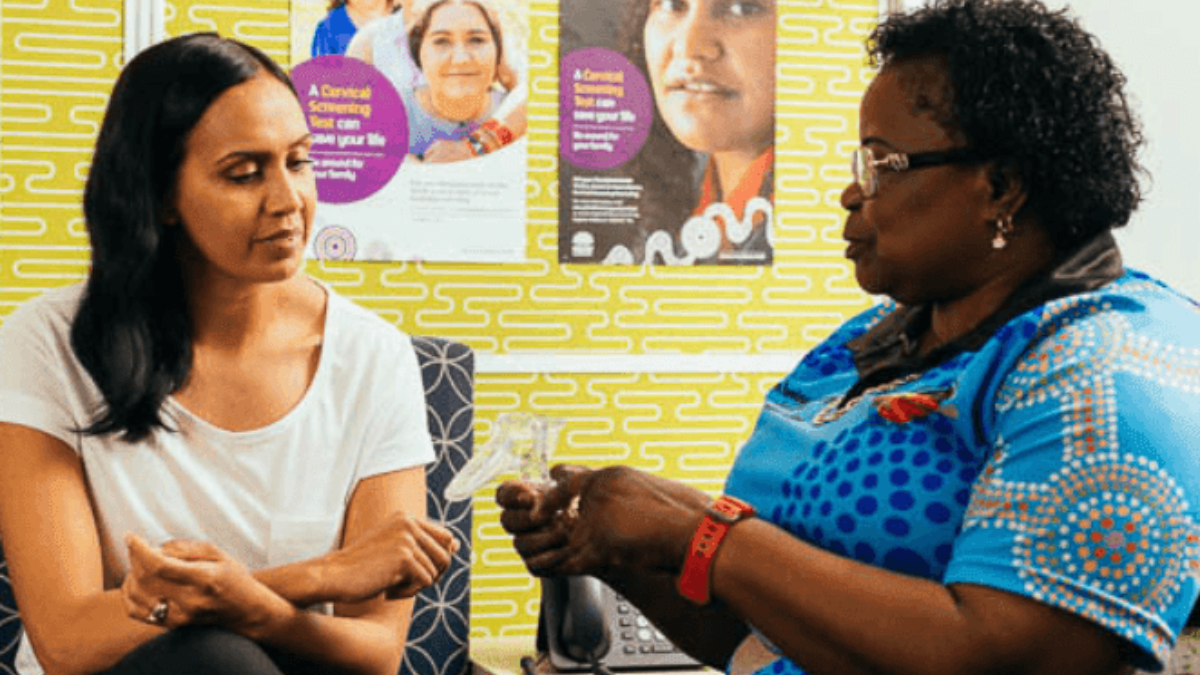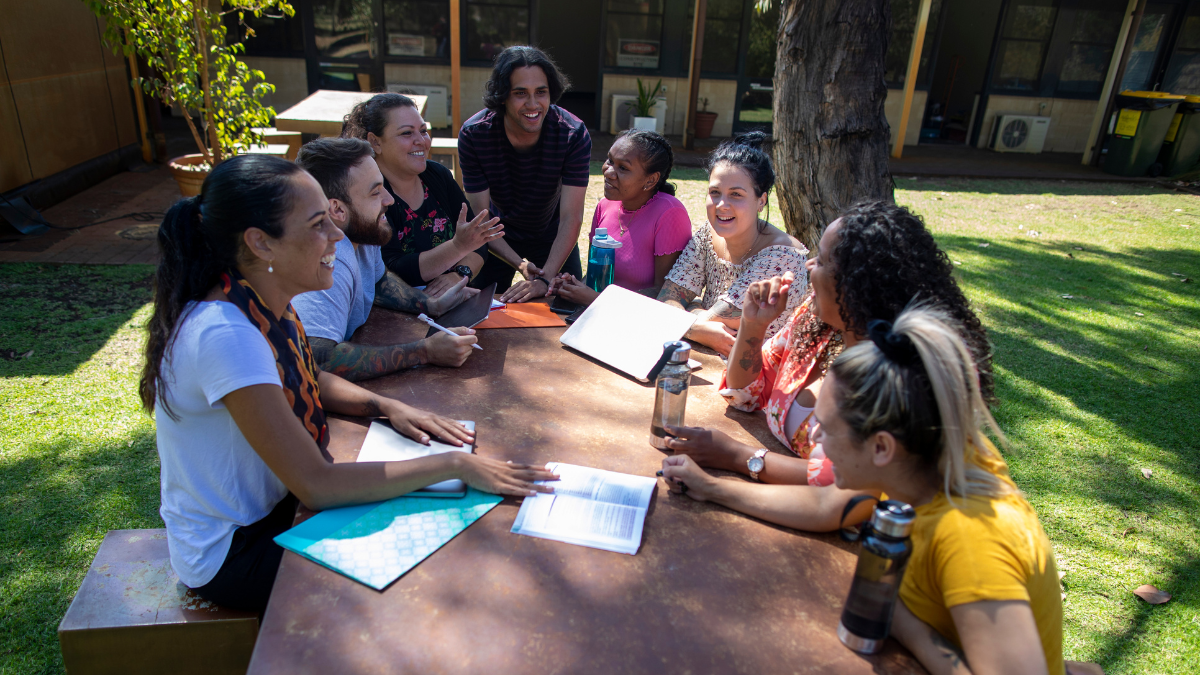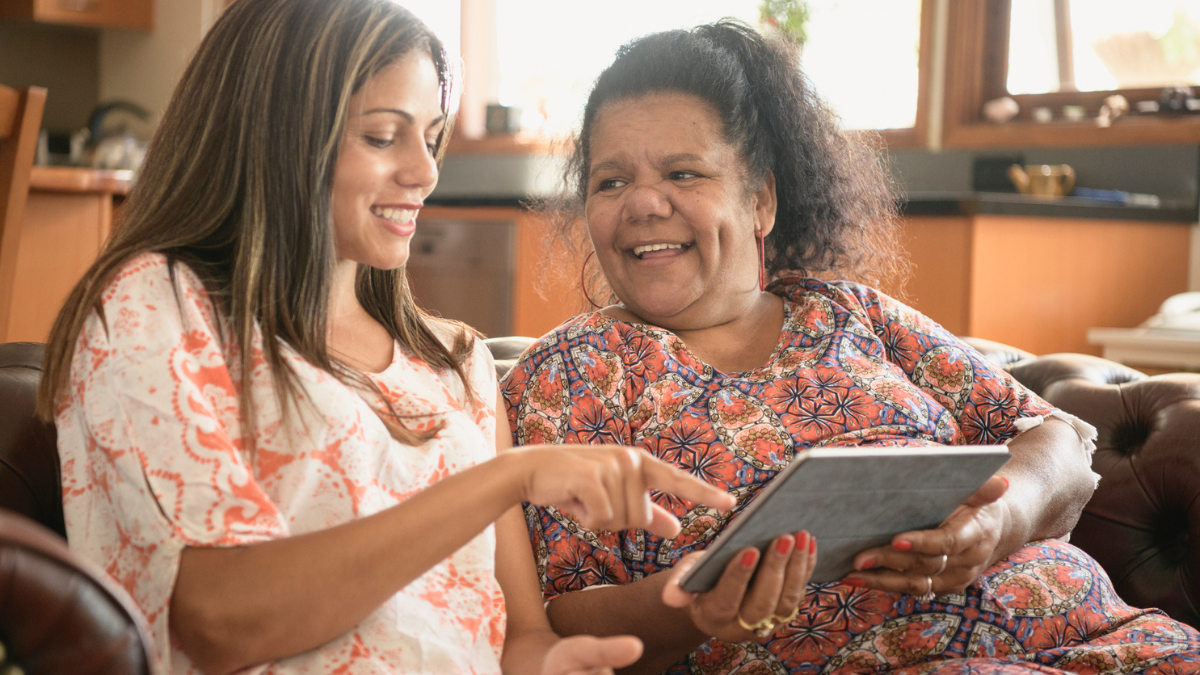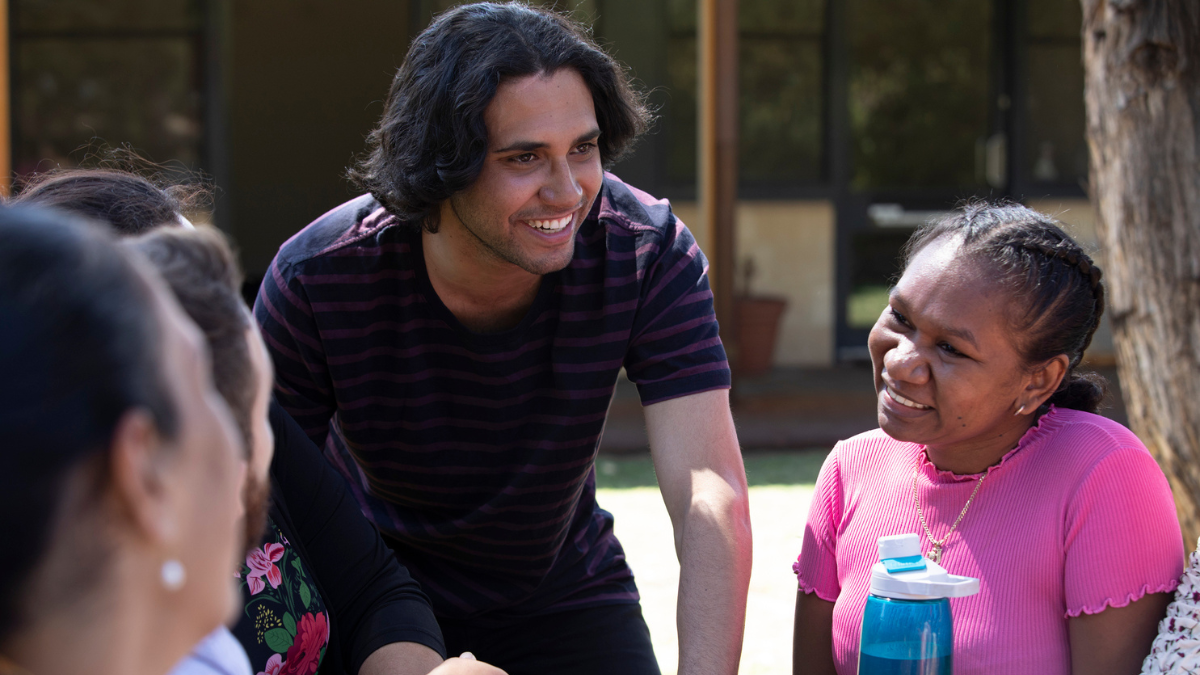The NSW Agency for Clinical Innovation, in partnership with the Aboriginal Health and Medical Research Council of NSW, and in collaboration with the Centre for Aboriginal Health and the NSW/ACT PHN Aboriginal Health Network, successfully hosted the 8th annual Aboriginal Health and Wellbeing Conference on 10–11 November 2025.
The conference theme, From the Ground Up: Aboriginal Leadership Transforming Health Innovation and Research, explored the critical role of Aboriginal leadership in reshaping health systems and research practices. Discussions highlighted community-driven approaches, the strength of cultural knowledge, and self-determination as key drivers of meaningful and lasting change.
The event celebrated Aboriginal voices leading innovation, challenging conventional models of care, and creating pathways towards more equitable, inclusive, and effective health outcomes for communities across NSW and beyond.
Using AI to Navigate the New Australian FASD Guidelines – Webinar Summary
In October, health professionals attended a one-hour webinar focused on practical ways to navigate the Australian FASD Guidelines 2025 using artificial intelligence tools such as ChatGPT.
The session addressed common challenges associated with the size and complexity of the guidelines and demonstrated how AI can support day-to-day clinical and professional decision-making. Key takeaways included how to:
-
Quickly locate and summarise relevant sections of the FASD Guidelines
-
Simplify complex information into practical, usable resources
-
Develop effective prompts to generate accurate and reliable responses
-
Reframe assessment findings for different audiences, including NDIS providers and schools
The webinar also included live demonstrations, ethical considerations when using AI in health settings, and an interactive Q&A session.
Acute Rheumatic Fever and Rheumatic Heart Disease – Webinar Highlights
A RACGP webinar held in December provided updates on acute rheumatic fever (ARF) and rheumatic heart disease (RHD), featuring Dr Marion Tate FRACGP from Bulgarr Ngaru.
The session reviewed the updated Australian guidelines for the prevention, diagnosis and management of ARF and RHD, as released by the Heart Foundation. Attendees gained valuable insights into best-practice care, early intervention strategies, and culturally safe approaches to supporting Aboriginal and Torres Strait Islander patients.
